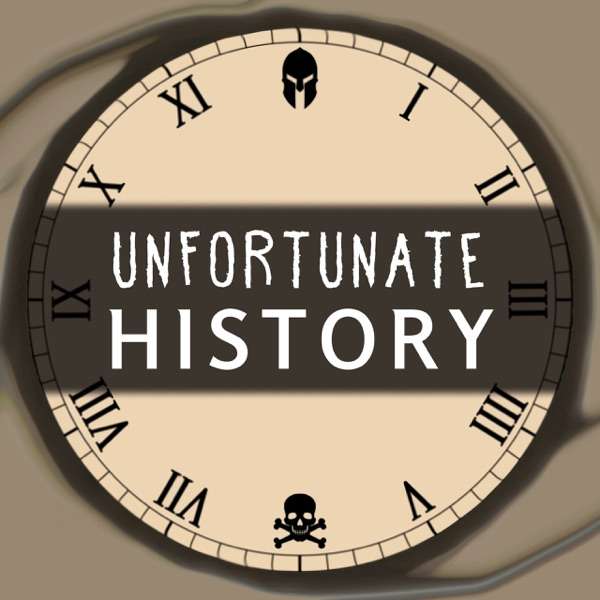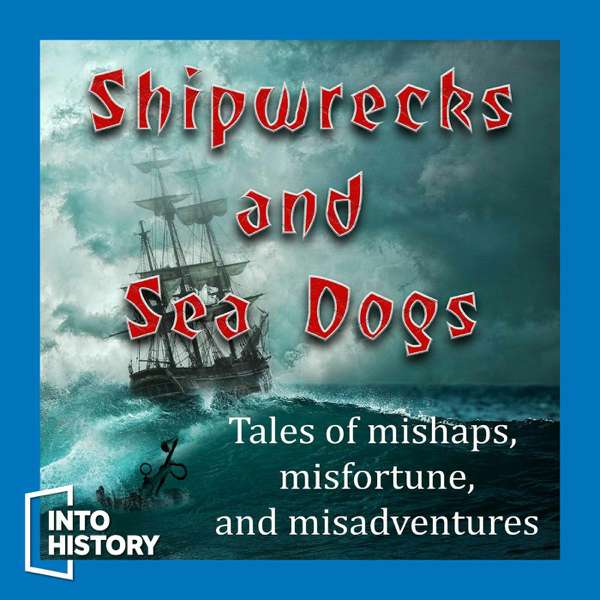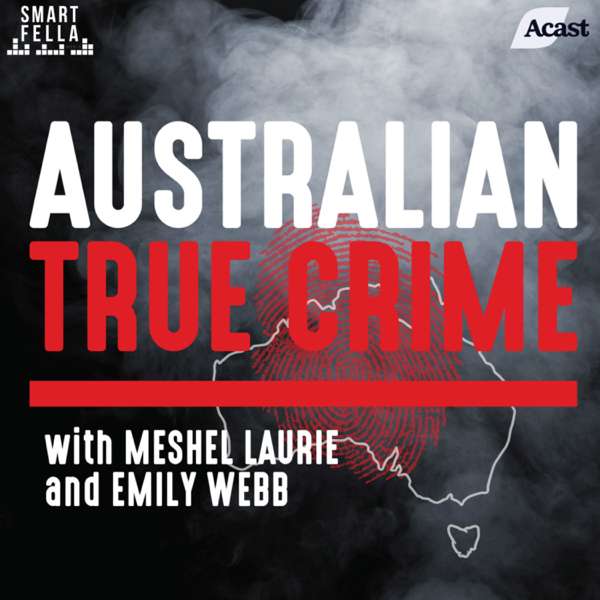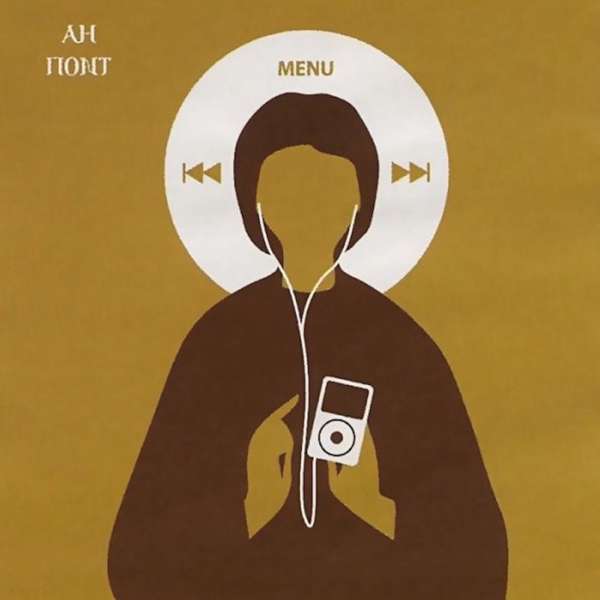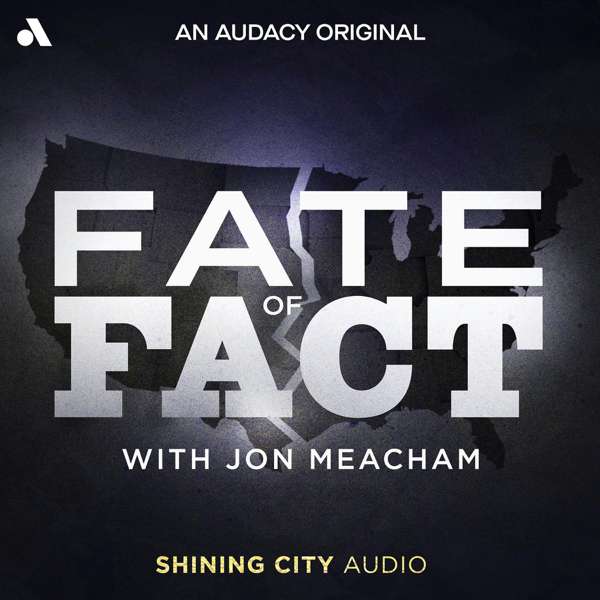This series is a compilation of Zora Neale Hurston sound recordings created while she worked for the WPA in the 1930s. Today, the original recordings are housed at the Library of Congress. Hurston made recordings for the WPA in 1935 and again in 1939.
Today, Hurston is better known as a major literary figure, but she was also a trained anthropologist who studied under Franz Boas. A native of Eatonville, Florida, Hurston fell upon hard times during the Great Depression and eventually sought out relief work with the Federal Writer’s Project (FWP). Having already conducted fieldwork for her own studies, Hurston worked with Herbert Halpert and Stetson Kennedy in the FWP. Her work on Florida’s turpentine camps is still considered authoritative. The Florida Memory Project online classroom has more information on Hurston and her fieldwork.
The Works Progress Administration (WPA) – after 1939, the Works Projects Administration – was a work-relief program created in 1935 by President Franklin Roosevelt’s administration that employed over 8.5 million people before its end in 1943. One of its programs was the Federal Writers Project (FWP), which included a Folklore Section. This section conducted fieldwork, recording songs, traditions, and stories across the nation. Originally created to gather material for the American Guide Series, later emphasis was placed upon fieldwork for the preservation of folk traditions for future generations.
In Florida, the FWP was based out of Jacksonville, and directed by historian Carita Doggett Corse. Folklorist Stetson Kennedy directed the Florida Folklore section. Seven fieldwork recording expeditions were conducted in Florida. Two were conducted between 1935 and 1937, before the creation of the Florida Folklore section: one by Alan Lomax and Zora Neale Hurston, and the other by John and Ruby Lomax. After 1939, five more were conducted by Florida’s FWP staff: Kennedy, Hurston, Robert Cook, Alton Morris, Corse, Robert Cornwell, John Filareton, and Herbert Halpert (of the Joint Committee on Folk Art’s Southern Recording Expedition.)
Recording equipment was loaned to Florida’s WPA program by the Library of Congress’ Archive of the American Folk Song (later the American Folklife Center). The field recordings were made on acetate disks, usually recorded at 78 rpm (although occasionally at 33 rpm). Because these disks were shipped from Washington, D.C. to Florida, then to the recording site, and then back to Washington, they often were not of the highest sonic quality. Several had surface scratches and many had various recording speeds. In 1986, the Florida Folklife Program staff made copies of many of these recordings onto reel to reels for inclusion in the Florida Folklife Archive.

 Our TOPPODCAST Picks
Our TOPPODCAST Picks  Stay Connected
Stay Connected


